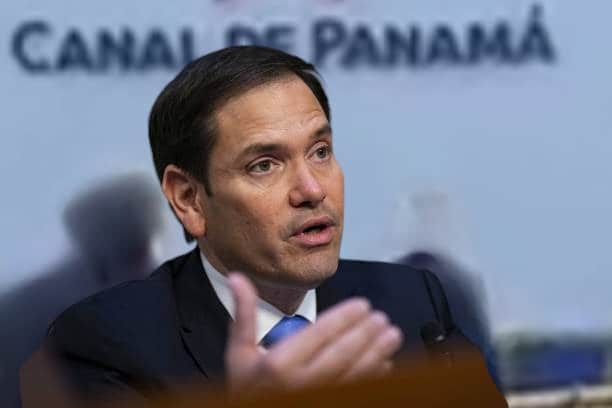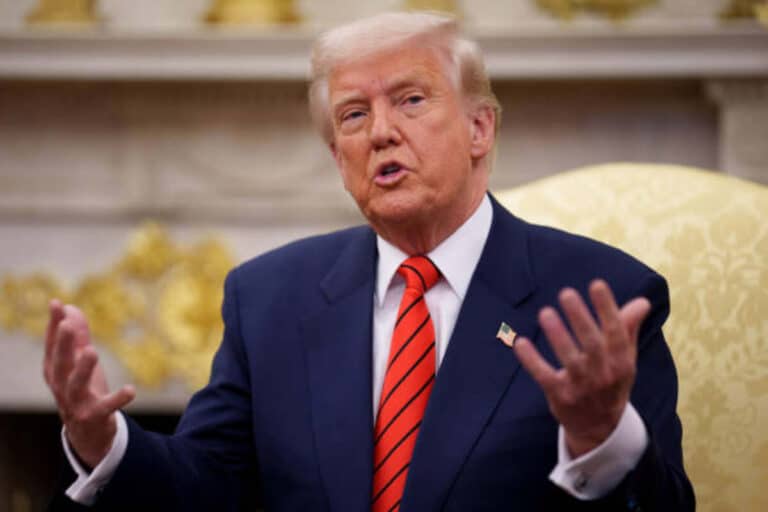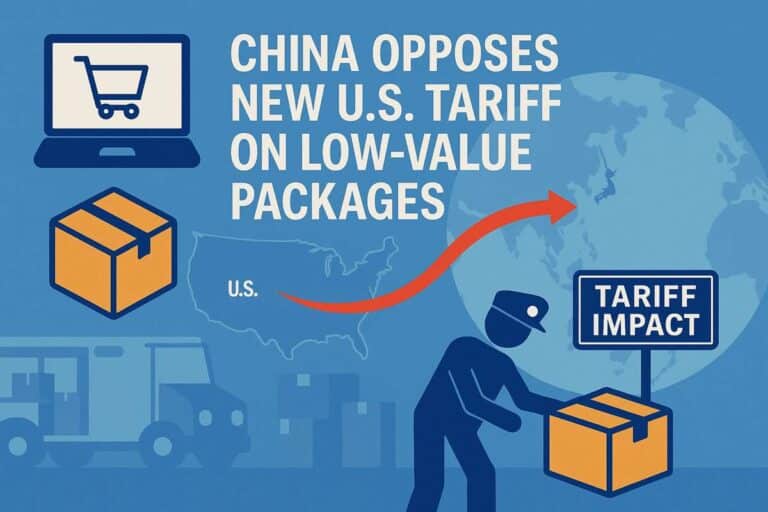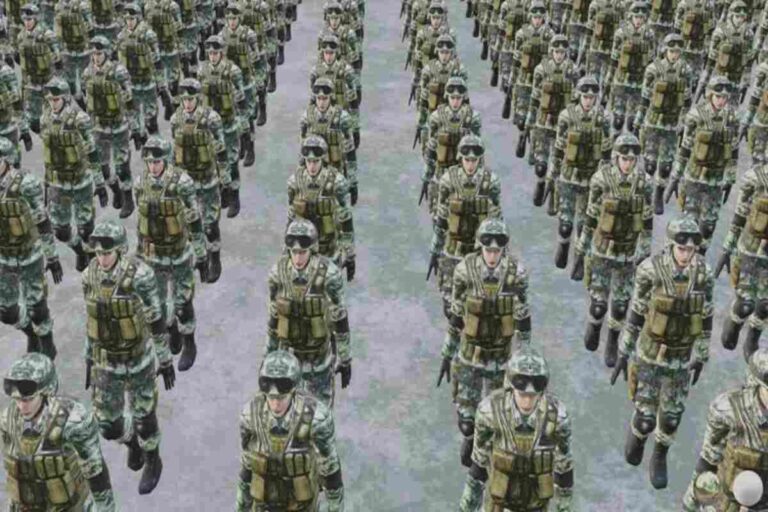
Panama denies U.S. claims of free canal passage, reaffirming full control over the vital waterway.
(EPICSTORIAN) – Panama has denied recent U.S. claims that it has agreed to allow government vessels free passage through the Panama Canal.
The U.S. State Department had posted on social media that American ships could now transit the vital waterway without incurring toll fees, potentially saving millions of dollars annually.
In response, the Panama Canal Authority (ACP) clarified that it has the authority to set tolls and fees for canal passage, adding that no changes have been made to the existing toll structure. The statement followed claims by the White House suggesting Panama had granted these adjustments.
The dispute comes amid growing geopolitical tensions, particularly regarding China’s involvement in the region. Former President Donald Trump has repeatedly expressed his desire to regain control of the Panama Canal, a strategic global trade route that connects the Atlantic and Pacific Oceans. Despite the canal’s transfer to Panama in 1999 under the terms of the Carter-Torrijos Treaty, Trump has criticized the deal as a “mistake.”
During a visit to Panama this week, U.S. Secretary of State Marco Rubio urged Panama to address what he described as China’s excessive influence over the canal.
Rubio met with President José Raúl Mulino and Ricaurte Vásquez Morales, the canal administrator, to discuss concerns and emphasized the need for Panama to reduce Chinese involvement in the waterway. He also warned of potential actions by the U.S. if its interests were threatened.
President Mulino swiftly rejected the notion of Chinese interference, reaffirming that the canal remains fully under Panamanian control. He emphasized that no nation is involved in the administration of the canal.
Mulino also responded to Trump’s previous comments, particularly the criticism of Panama’s participation in China’s Belt and Road Initiative (BRI). He made it clear that Panama would no longer participate in BRI, signaling a shift away from closer ties with China.
The Panama Canal holds immense strategic value, handling over 14,000 vessels annually, and facilitating the movement of goods between major global markets.
In 2024, more than half of the canal’s traffic involved shipments linked to the United States. As a key trade route, the canal remains vital for U.S. and global commerce.
Mulino’s administration maintains that the canal will continue to be operated independently, without interference from foreign powers.







